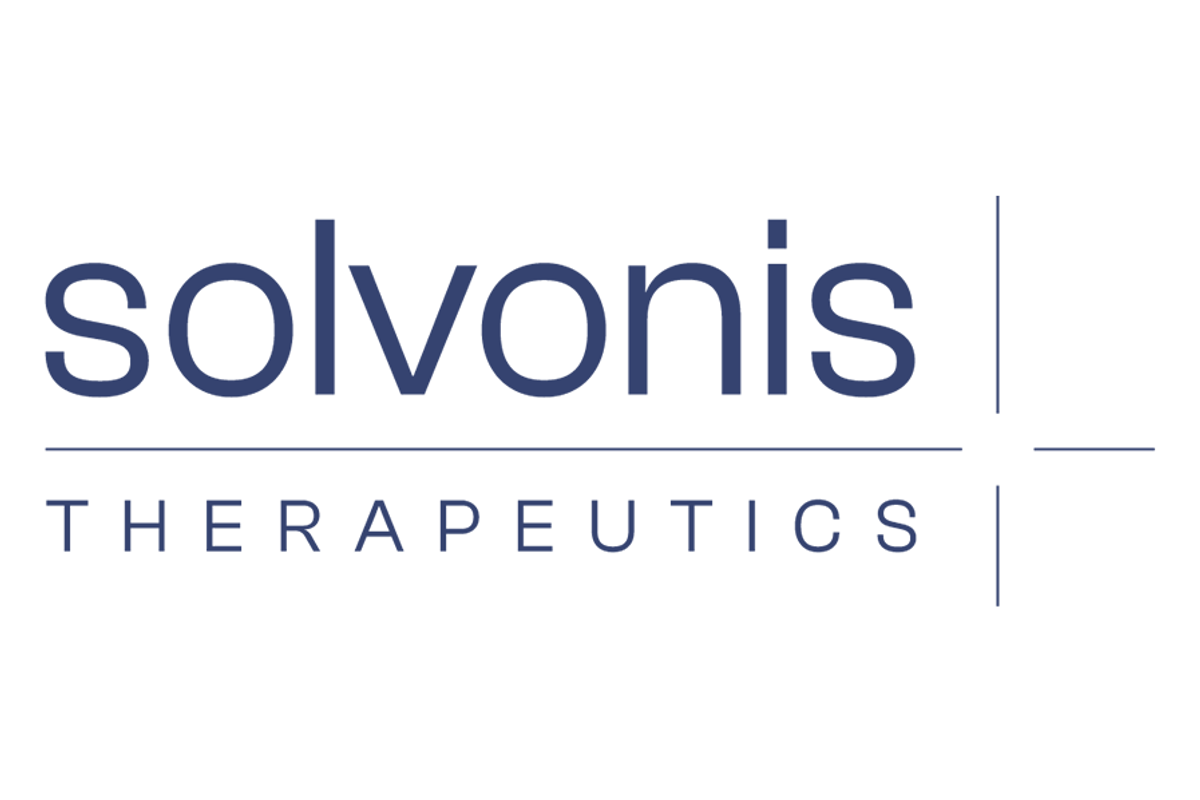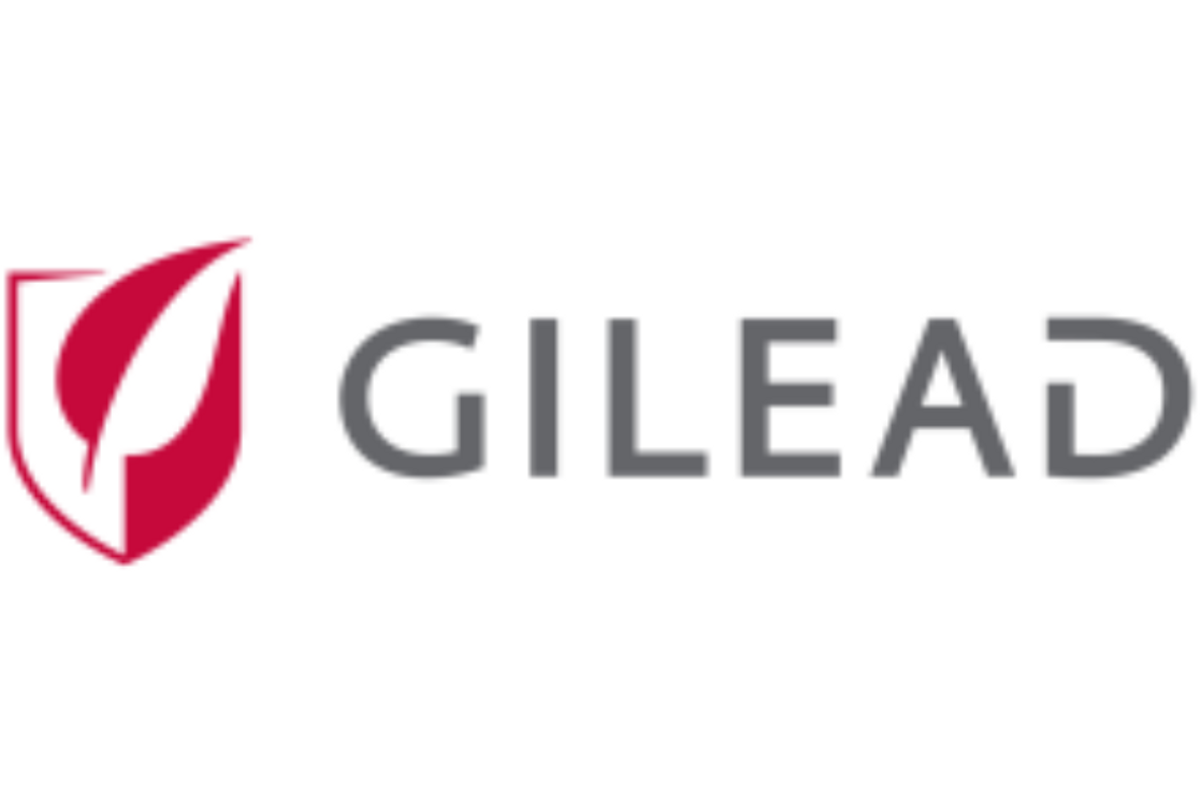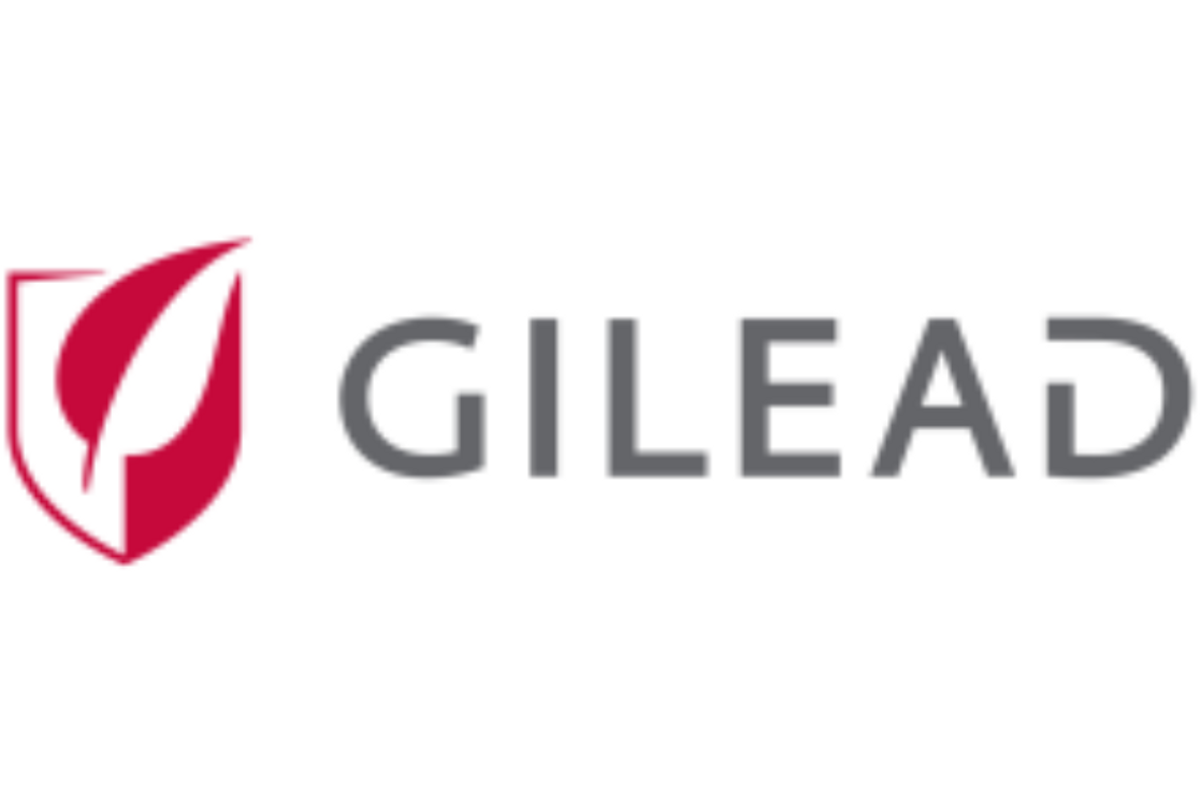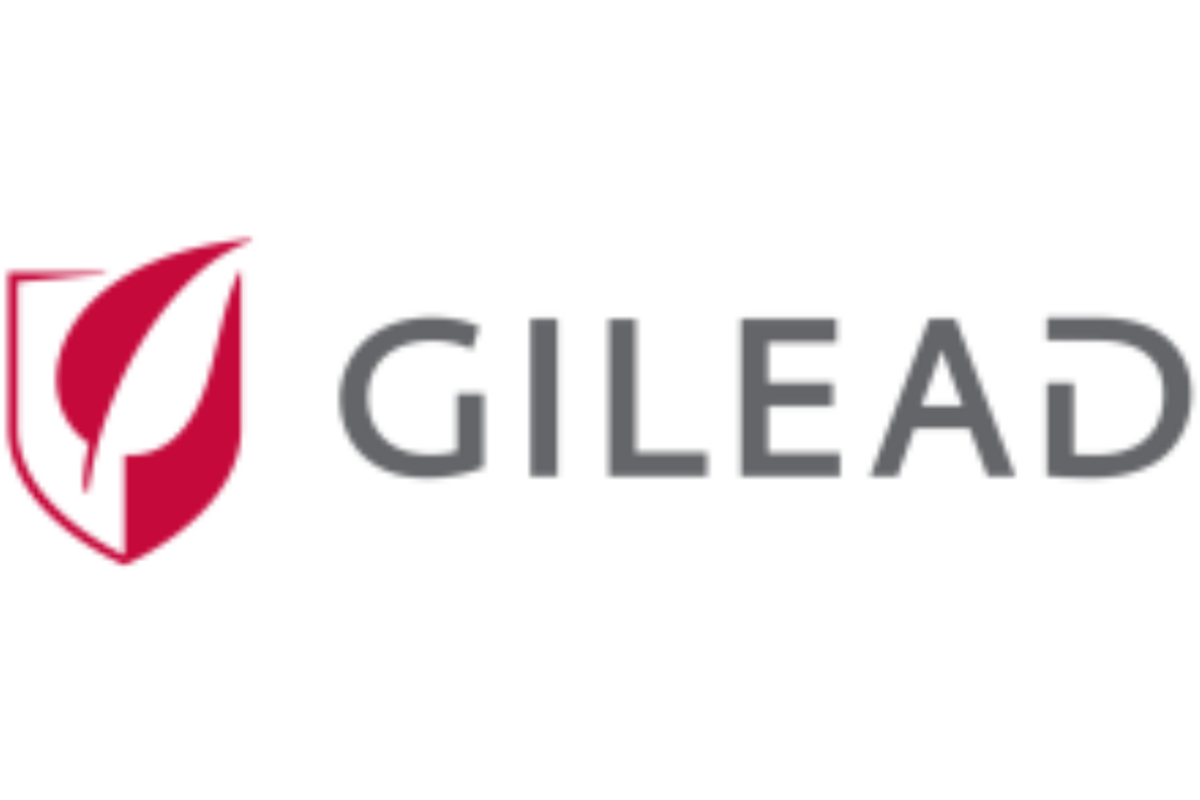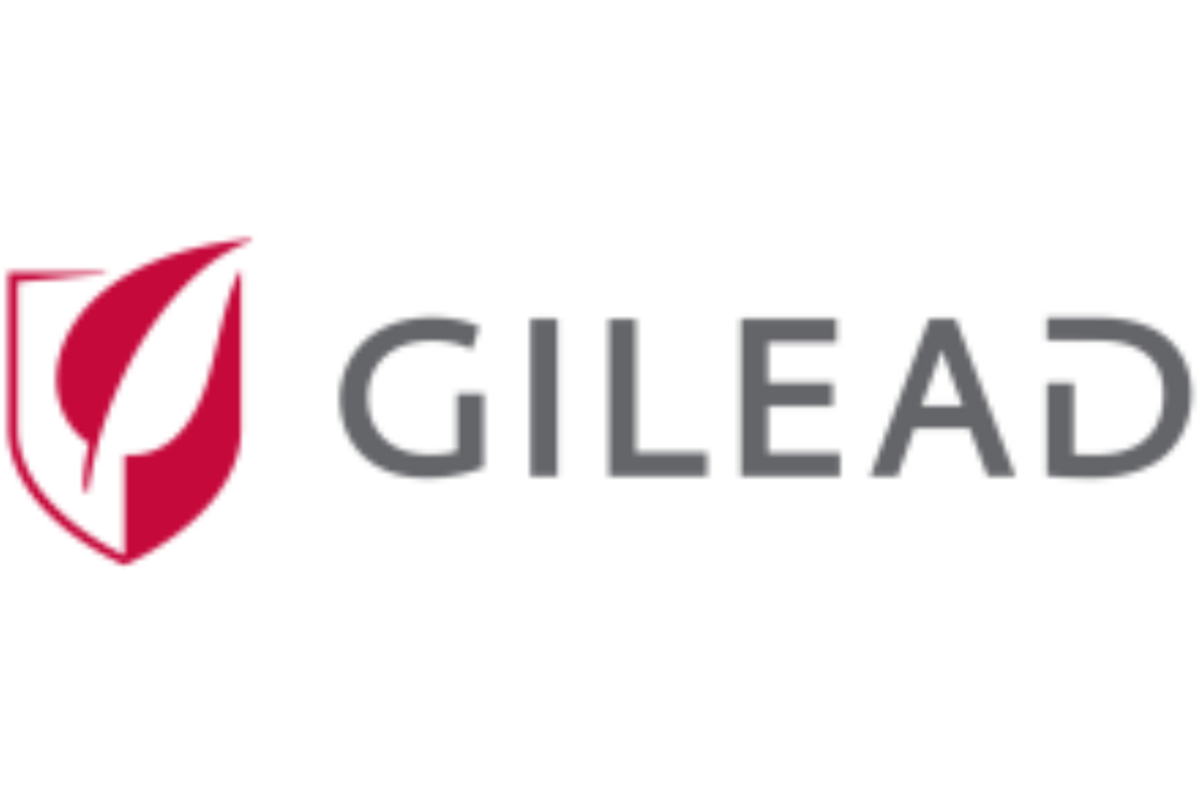Updated Toxicity Management Strategy Can Improve Certain Adverse Events Without Compromising the Activity of Yescarta –
Kite, a Gilead Company (Nasdaq: GILD), today announced the U.S. Food and Drug Administration (FDA) has approved an update to the prescribing information for Yescarta ® (axicabtagene ciloleucel) to include use of prophylactic corticosteroids across all approved indications. Yescarta is now the first and only chimeric antigen receptor (CAR) T-cell therapy with information in the label to help physicians manage, and potentially prevent, treatment side effects.
The label update is based on the results of a new safety management cohort (Cohort 6) of the pivotal ZUMA-1 study, which was designed to assess the impact of prophylactic use of corticosteroids and earlier treatment with corticosteroids and/or tocilizumab and prophylactic levetiracetam on the incidence and severity of cytokine release syndrome (CRS) and neurologic events. In the cohort, no Grade ≥3 CRS events occurred [0% (0/39) of patients in Cohort 6 compared to 13% (14/108) in the pivotal Cohorts 1/2]. Grade ≥3 neurologic events occurred in 13% of patients at the time of data cut-off, and one patient experienced a late onset Grade 5 event following the data cut-off [13% (5/39) of patients in Cohort 6 compared to 31% (33/108) in the pivotal Cohorts 1/2]. Cohort 6 shows CRS median time to onset of five days with a range from 1-15 days, and neurotoxicity median time to onset of six days with a range from 1-274 days in patients that experienced these complications.
Additional data recently published shows 68% of patients had no CRS or neurologic events within 72 hours of Yescarta infusion (27/40). 1 Helping to address the potential concern that steroid use might impact efficacy, the Cohort 6 one-year update presented at the American Society of Hematology (ASH) in December 2021 suggest that Cohort 6 toxicity management strategy can improve certain adverse events without compromising the activity of Yescarta. 2 Patients in Cohort 4 and Cohort 6 were found to have received median cumulative steroid doses that were lower than those used in matched Cohorts 1/2 who received steroids to manage CRS or neurologic events when they occurred. 3 [ 1 Oluwole OO, et al. Br J Haematol . 2021;194:690-700 and 2 Oluwole OO, et al. 2021 ASH Annual Meeting and Exposition; December 11-14, 2021; Atlanta, GA. Abstract 2832 and 3 Topp et al. Br J Haematol . 2021;195(3):388-398.]
"These new data will enable doctors to more easily and confidently manage treatment for patients," said Frank Neumann, MD, PhD, Kite's Global Head of Clinical Development. "Since the first approval of Yescarta, Kite has worked closely with physicians to optimize all aspects of CAR T-cell therapy to enable as many patients as possible to have the chance to benefit from this treatment. Our responsibility includes research to expand into new diseases and earlier lines of treatment, but also continuously improving the efficacy and safety of our existing CAR T therapies."
The ZUMA-1 study also included Cohort 4 which was added to the FDA label in May 2021 and evaluated the earlier treatment with corticosteroids and/or tocilizumab and prophylactic levetiracetam. Cohort 6 builds on this growing knowledge regarding how to manage and minimize side effects gained over many years of developing Yescarta. Cohort 6 evaluated 39 patients with relapsed or refractory LBCL. Patients received dexamethasone 10 mg orally once daily for three days, starting prior to Yescarta infusion. In Cohort 6, corticosteroids and tocilizumab were started earlier, at lower grades of CRS and neurologic events, than in the ZUMA-1 pivotal cohorts (Cohorts 1 and 2). All 39 patients received three prophylactic doses of corticosteroids.
Patients can currently access Kite's CAR T-cell therapies through 111 authorized treatment centers across the U.S. that are experienced in administering and managing patients being treated with CAR T-cell therapy. The Yescarta prescribing information does not specify a treatment setting, whether in the hospital or in near-by outpatient offices with close monitoring. It is up to a patient's physician to determine the most appropriate treatment setting for their care based on individual circumstances. The Yescarta label update may help physicians manage potential complications and determine appropriate setting for care of their patients.
Yescarta was the first CAR T-cell therapy to be approved by the U.S. FDA for the treatment of adult patients with relapsed or refractory large B-cell lymphoma (LBCL) after two or more lines of systemic therapy. Yescarta is also currently under review in the U.S. and European Union for use as an earlier treatment of adult patients with second-line relapsed or refractory LBCL.
About Yescarta
Please see full Prescribing Information , including BOXED WARNING and Medication Guide.
Yescarta is a CD19-directed genetically modified autologous T cell immunotherapy currently indicated for the treatment of:
- Adult patients with relapsed or refractory large B-cell lymphoma after two or more lines of systemic therapy, including diffuse large B-cell lymphoma (DLBCL) not otherwise specified, primary mediastinal large B-cell lymphoma, high grade B-cell lymphoma, and DLBCL arising from follicular lymphoma.
Limitations of Use : Yescarta is not indicated for the treatment of patients with primary central nervous system lymphoma. - Adult patients with relapsed or refractory follicular lymphoma (FL) after two or more lines of systemic therapy. This indication is approved under accelerated approval based on response rate. Continued approval for this indication may be contingent upon verification and description of clinical benefit in confirmatory trial(s).
U.S. IMPORTANT SAFETY INFORMATION
BOXED WARNING: CYTOKINE RELEASE SYNDROME AND NEUROLOGIC TOXICITIES
- Cytokine Release Syndrome (CRS), including fatal or life-threatening reactions, occurred in patients receiving Yescarta. Do not administer Yescarta to patients with active infection or inflammatory disorders. Treat severe or life-threatening CRS with tocilizumab or tocilizumab and corticosteroids.
- Neurologic toxicities, including fatal or life-threatening reactions, occurred in patients receiving Yescarta, including concurrently with CRS or after CRS resolution. Monitor for neurologic toxicities after treatment with Yescarta. Provide supportive care and/or corticosteroids as needed.
- Yescarta is available only through a restricted program under a Risk Evaluation and Mitigation Strategy (REMS) called the Yescarta and Tecartus REMS Program.
CYTOKINE RELEASE SYNDROME (CRS) , including fatal or life-threatening reactions, occurred. CRS occurred in 88% (224/254) of all patients with non-Hodgkin lymphoma (NHL), including Grade ≥3 in 10%. CRS occurred in 94% (101/108) of patients with large B-cell lymphoma (LBCL), including Grade ≥3 in 13%. Among patients with LBCL who died after receiving Yescarta, 4 had ongoing CRS events at the time of death. The median time to onset of CRS was 2 days (range: 1-12 days) and the median duration was 7 days (range: 2-58 days) for patients with LBCL. CRS occurred in 84% (123/146) of patients with indolent non-Hodgkin lymphoma (iNHL), including Grade ≥3 in 8% (11/146). Among patients with iNHL who died after receiving Yescarta, 1 patient had an ongoing CRS event at the time of death. The median time to onset of CRS was 4 days (range: 1-20 days) and median duration was 6 days (range: 1-27 days) for patients with iNHL.
Key manifestations of CRS (≥10%) in all patients combined included fever (80%), hypotension (38%), tachycardia (29%), hypoxia (21%), chills (21%), and headache (13%). Serious events that may be associated with CRS include cardiac arrhythmias (including atrial fibrillation and ventricular tachycardia), cardiac arrest, cardiac failure, renal insufficiency, capillary leak syndrome, hypotension, hypoxia, multi-organ failure and hemophagocytic lymphohistiocytosis/macrophage activation syndrome.
The impact of tocilizumab and/or corticosteroids on the incidence and severity of CRS was assessed in 2 subsequent cohorts of LBCL patients. Among patients who received tocilizumab and/or corticosteroids for ongoing Grade 1 events, CRS occurred in 93% (38/41), including 2% (1/41) with Grade 3 CRS; no patients experienced a Grade 4 or 5 event. The median time to onset of CRS was 2 days (range: 1-8 days) and the median duration of CRS was 7 days (range: 2-16 days). Prophylactic treatment with corticosteroids was administered to a cohort of 39 patients for 3 days beginning on the day of infusion of YESCARTA. Thirty-one of the 39 patients (79%) developed CRS and were managed with tocilizumab and/or therapeutic doses of corticosteroids with no patients developing Grade 3 or higher CRS. The median time to onset of CRS was 5 days (range: 1-15 days) and the median duration of CRS was 4 days (range: 1-10 days). Although there is no known mechanistic explanation, consider the risk and benefits of prophylactic corticosteroids in the context of pre-existing comorbidities for the individual patient and the potential for the risk of Grade 4 and prolonged neurologic toxicities.
Ensure that 2 doses of tocilizumab are available prior to YESCARTA infusion. Monitor patients for signs and symptoms of CRS at least daily for 7 days at the certified healthcare facility, and for 4 weeks thereafter. Counsel patients to seek immediate medical attention should signs or symptoms of CRS occur at any time. At the first sign of CRS, institute treatment with supportive care, tocilizumab, or tocilizumab and corticosteroids as indicated.
NEUROLOGIC TOXICITIES that were fatal or life-threatening occurred. Neurologic toxicities occurred in 81% (206/254) of all patients with NHL receiving Yescarta, including Grade ≥3 in 26%. Neurologic toxicities occurred in 87% (94/108) of patients with LBCL, including Grade ≥3 in 31%. The median time to onset was 4 days (range: 1-43 days) and the median duration was 17 days for patients with LBCL.
Neurologic toxicities occurred in 77% (112/146) of patients with iNHL, including Grade ≥3 in 21%. The median time to onset was 6 days (range: 1-79 days) and the median duration was 16 days for patients with iNHL. 98% of all neurologic toxicities in patients with LBCL and 99% of all neurologic toxicities in patients with iNHL occurred within the first 8 weeks of Yescarta infusion. Neurologic toxicities occurred within the first 7 days of infusion for 89% of affected patients with LBCL and 74% of affected patients with iNHL.
The most common neurologic toxicities (≥10%) in all patients combined included encephalopathy (53%), headache (45%), tremor (31%), dizziness (20%), delirium (16%), aphasia (15%), and insomnia (11%). Prolonged encephalopathy lasting up to 173 days was noted. Serious events, including leukoencephalopathy and seizures, as well as fatal and serious cases of cerebral edema and one fatal case of late onset toxic/metabolic encephalopathy, have occurred.
The impact of tocilizumab and/or corticosteroids on the incidence and severity of neurologic toxicities was assessed in 2 subsequent cohorts of LBCL patients. Among patients who received corticosteroids at the onset of Grade 1 toxicities, neurologic toxicities occurred in 78% (32/41) and 20% (8/41) had Grade 3 neurologic toxicities; no patients experienced a Grade 4 or 5 event. The median time to onset of neurologic toxicities was 6 days (range: 1-93 days) with a median duration of 8 days (range: 1-144 days). Prophylactic treatment with corticosteroids was administered to a cohort of 39 patients for 3 days beginning on the day of infusion of YESCARTA. Of those patients, 85% (33/39) developed neurologic toxicities and 8% (3/39) developed Grade 3 and 5% (2/39) developed Grade 4 neurologic toxicities. The median time to onset of neurologic toxicities was 6 days (range: 1-274 days) with a median duration of 12 days (range: 1-107 days). Prophylactic corticosteroids for management of CRS and neurologic toxicities may result in higher grade of neurologic toxicities or prolongation of neurologic toxicities, delay the onset and decrease the duration of CRS.
Monitor patients for signs and symptoms of neurologic toxicities at least daily for 7 days at the certified healthcare facility, and for 4 weeks thereafter, and treat promptly.
REMS: Because of the risk of CRS and neurologic toxicities, Yescarta is available only through a restricted program called the Yescarta and Tecartus REMS Program which requires that: Healthcare facilities that dispense and administer Yescarta must be enrolled and comply with the REMS requirements and must have on-site, immediate access to a minimum of 2 doses of tocilizumab for each patient for infusion within 2 hours after Yescarta infusion, if needed for treatment of CRS. Certified healthcare facilities must ensure that healthcare providers who prescribe, dispense, or administer Yescarta are trained about the management of CRS and neurologic toxicities. Further information is available at www.YescartaTecartusREMS.com or 1-844-454-KITE (5483).
HYPERSENSITIVITY REACTIONS: Allergic reactions, including serious hypersensitivity reactions or anaphylaxis, may occur with the infusion of Yescarta.
SERIOUS INFECTIONS: Severe or life-threatening infections occurred. Infections (all grades) occurred in 47% (119/254) of all patients with NHL. Grade ≥3 infections occurred in 19% of patients, Grade ≥3 infections with an unspecified pathogen occurred in 15%, bacterial infections in 5%, viral infections in 2%, and fungal infections in 1%. Yescarta should not be administered to patients with clinically significant active systemic infections. Monitor patients for signs and symptoms of infection before and after infusion and treat appropriately. Administer prophylactic anti-microbials according to local guidelines. Febrile neutropenia was observed in 40% of all patients with NHL and may be concurrent with CRS. In the event of febrile neutropenia, evaluate for infection and manage with broad-spectrum antibiotics, fluids, and other supportive care as medically indicated. In immunosuppressed patients, including those who have received Yescarta, life-threatening and fatal opportunistic infections including disseminated fungal infections (e.g., candida sepsis and aspergillus infections) and viral reactivation (e.g., human herpes virus-6 [HHV-6] encephalitis and JC virus progressive multifocal leukoencephalopathy [PML]) have been reported. The possibility of HHV-6 encephalitis and PML should be considered in immunosuppressed patients with neurologic events and appropriate diagnostic evaluations should be performed. Hepatitis B virus (HBV) reactivation, in some cases resulting in fulminant hepatitis, hepatic failure, and death, can occur in patients treated with drugs directed against B cells. Perform screening for HBV, HCV, and HIV in accordance with clinical guidelines before collection of cells for manufacturing.
PROLONGED CYTOPENIAS: Patients may exhibit cytopenias for several weeks following lymphodepleting chemotherapy and Yescarta infusion. Grade ≥3 cytopenias not resolved by Day 30 following Yescarta infusion occurred in 30% of all patients with NHL and included neutropenia (22%), thrombocytopenia (13%), and anemia (5%). Monitor blood counts after infusion.
HYPOGAMMAGLOBULINEMIA and B-cell aplasia can occur. Hypogammaglobulinemia occurred in 17% of all patients with NHL. Monitor immunoglobulin levels after treatment and manage using infection precautions, antibiotic prophylaxis, and immunoglobulin replacement. The safety of immunization with live viral vaccines during or following Yescarta treatment has not been studied. Vaccination with live virus vaccines is not recommended for at least 6 weeks prior to the start of lymphodepleting chemotherapy, during Yescarta treatment, and until immune recovery following treatment.
SECONDARY MALIGNANCIES may develop. Monitor life-long for secondary malignancies. In the event that one occurs, contact Kite at 1-844-454-KITE (5483) to obtain instructions on patient samples to collect for testing.
EFFECTS ON ABILITY TO DRIVE AND USE MACHINES: Due to the potential for neurologic events, including altered mental status or seizures, patients are at risk for altered or decreased consciousness or coordination in the 8 weeks following Yescarta infusion. Advise patients to refrain from driving and engaging in hazardous occupations or activities, such as operating heavy or potentially dangerous machinery, during this initial period.
ADVERSE REACTIONS: The most common adverse reactions (incidence ≥20%) in patients with LBCL included CRS, fever, hypotension, encephalopathy, tachycardia, fatigue, headache, decreased appetite, chills, diarrhea, febrile neutropenia, infections with pathogen unspecified, nausea, hypoxia, tremor, cough, vomiting, dizziness, constipation, and cardiac arrhythmias. The most common non-laboratory adverse reactions (incidence ≥20%) in patients with iNHL included fever, CRS, hypotension, encephalopathy, fatigue, headache, infections with pathogen unspecified, tachycardia, febrile neutropenia, musculoskeletal pain, nausea, tremor, chills, diarrhea, constipation, decreased appetite, cough, vomiting, hypoxia, arrhythmia, and dizziness.
About Kite
Kite, a Gilead Company, is a global biopharmaceutical company based in Santa Monica, California, with manufacturing operations in North America and Europe. Kite's singular focus is cell therapy to treat and potentially cure cancer. As the cell therapy leader, Kite has more approved CAR T indications to help more patients than any other company. For more information on Kite, please visit www.kitepharma.com .
About Gilead Sciences
Gilead Sciences, Inc. is a biopharmaceutical company that has pursued and achieved breakthroughs in medicine for more than three decades, with the goal of creating a healthier world for all people. The company is committed to advancing innovative medicines to prevent and treat life-threatening diseases, including HIV, viral hepatitis and cancer. Gilead operates in more than 35 countries worldwide, with headquarters in Foster City, California.
Forward-Looking Statements
This press release includes forward-looking statements within the meaning of the Private Securities Litigation Reform Act of 1995 that are subject to risks, uncertainties and other factors, including the risk that the FDA and other global health authorities may not approve Yescarta for the second-line treatment of adult patients with relapsed or refractory LBCL in the anticipated timelines or at all, and any marketing approvals, if granted, may have significant limitations on its use. There is also the possibility of unfavorable results from ongoing and additional clinical trials involving Yescarta. These and other risks, uncertainties and other factors are described in detail in Gilead's Quarterly Report on Form 10-Q for the quarter ended September 30, 2021, as filed with the U.S. Securities and Exchange Commission. These risks, uncertainties and other factors could cause actual results to differ materially from those referred to in the forward-looking statements. All statements other than statements of historical fact are statements that could be deemed forward-looking statements. Investors are cautioned that any such forward-looking statements are not guarantees of future performance and involve risks and uncertainties and are cautioned not to place undue reliance on these forward-looking statements. All forward-looking statements are based on information currently available to Kite and Gilead, and Kite and Gilead assume no obligation and disclaim any intent to update any such forward-looking statements.
U.S. Prescribing Information for Yescarta including BOXED WARNING , is available at www.kitepharma.com and www.gilead.com .
Kite, the Kite logo, Yescarta, Tecartus, XLP and GILEAD are trademarks of Gilead Sciences, Inc. or its related companies.
For more information on Kite, please visit the company's website at www.kitepharma.com . Follow Kite on social media on Twitter ( @KitePharma ) and LinkedIn .
View source version on businesswire.com: https://www.businesswire.com/news/home/20220131005477/en/
Jacquie Ross, Investors
investor_relations@gilead.com
Mary Lynn Carver, Media
mcarver@kitepharma.com
